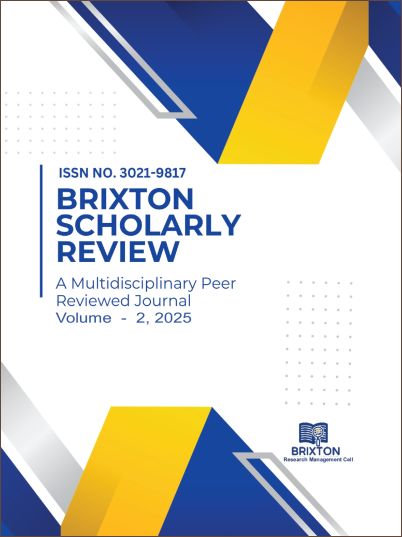Unveiling the Factors for Teachers' Professional Development in Nepal
DOI:
https://doi.org/10.3126/bsr.v2i1.78168Keywords:
monetary and non-monetary incentives, professional growth, interpretive phenomenology, promotion and securityAbstract
Community schools and institutional schools are providing education for all types of children in Nepal. The community schools are fully government funded and institutional schools are run by themselves from the student fees and other monitory sources. The professional developmental activities for community schoolteachers are conducted by government agencies and the institutional schoolteachers are deprived from such kind of opportunity. In such situation, this study aimed to examine the factors associated with teachers' professional development in their teaching career. Mixed methods research design along with sequential explanatory design involving quantitative followed by qualitative had been employed in this study. Ten schools including each of five community and institutional schools from Bhaktapur district were purposively selected. From the participant school, total 40 teachers including 20 mathematics and Nepali teachers were taken as respondents. The respondents were sent Google form by mentioning the variable as monetary and non-monetary incentives for teacher professional development. The responses obtained from the Google forms were tabulated in excel sheet to form percentage of frequency table. The findings revealed that the monetary incentives such as salary (95.5%), allowance and bonus (80%), insurance (77.5%) have high impact for teacher professional development and non-monetary incentives embraces promotion and security (87.5%), training and field visit (87.5%), attending in international conference(75%), inauguration (72.5%), praise and rewards (65%) have also commentary role for TPD. Financial well-being is directly improved by the financial incentives, which increases the appeal of professional development. The overindulgence in financial incentives but an excessive dependence on financial incentives might occasionally sap a teacher's intrinsic enthusiasm. Likewise, non-cash rewards including access to seminars and training, mentorship, career growth chances, promotion, appreciation, and prizes can encourage sustained involvement. They can boost a culture of collaborative learning, boost job satisfaction, and foster a sense of accomplishment.




